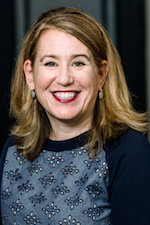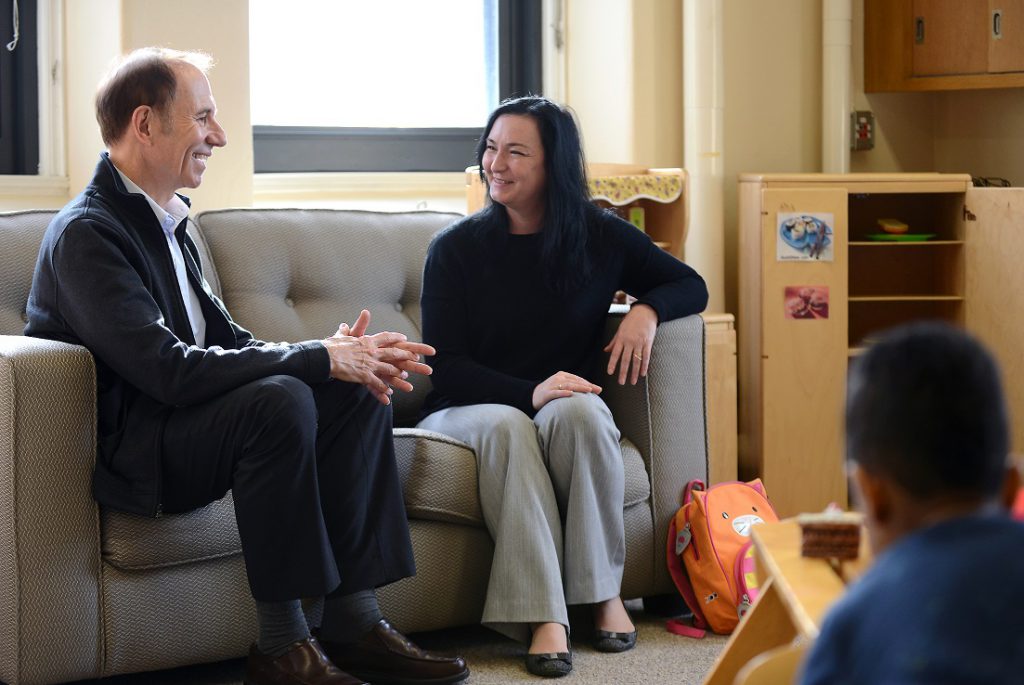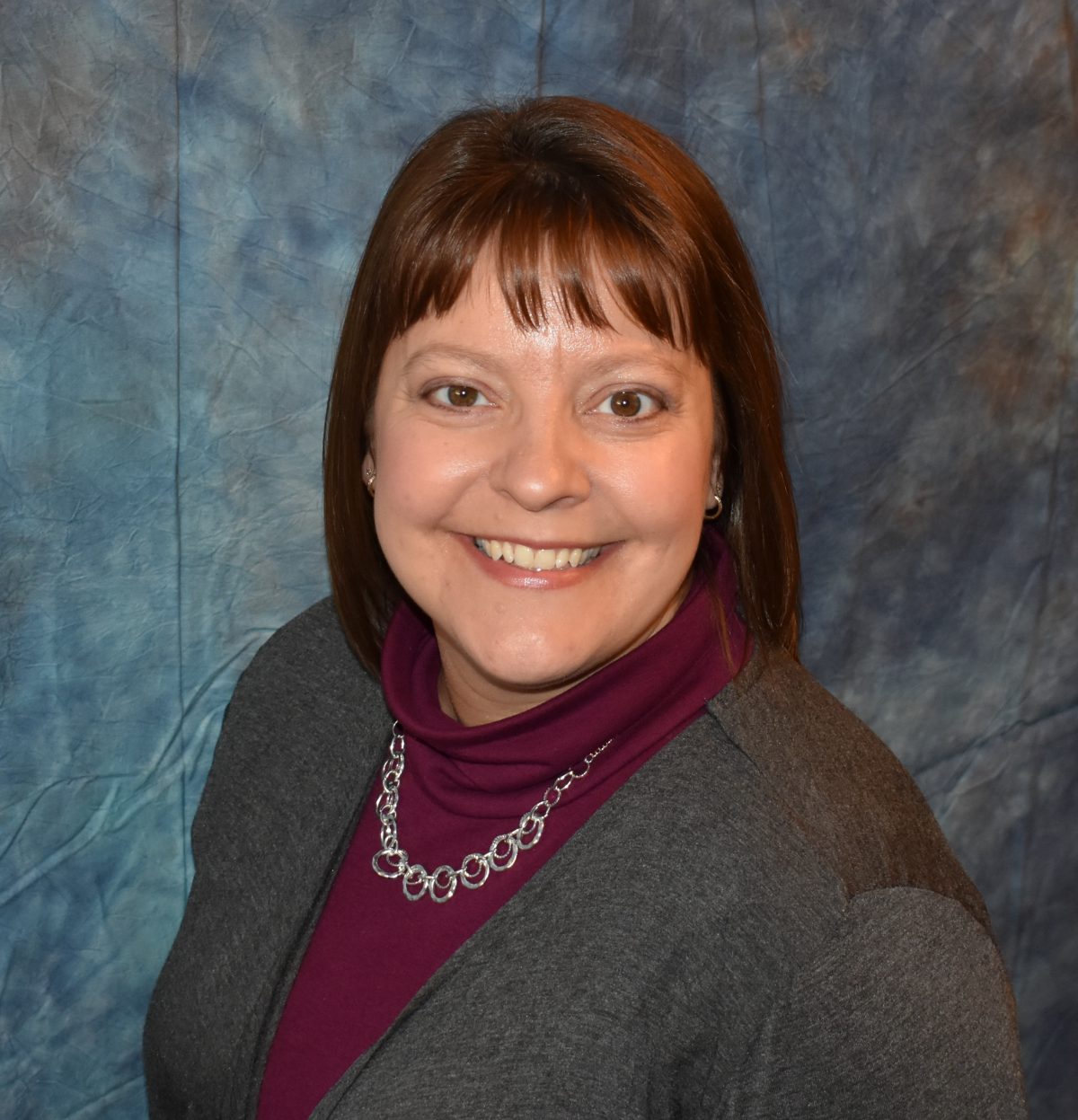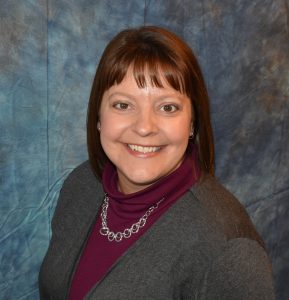Dear CEED Community,

Summer is in full swing, and many people are taking advantage of the season for vacationing, getting out on the water, or just lying in a hammock with a cool beverage. Here at CEED, however, we often find ourselves just as busy during the summer months as the people we serve: the early childhood professional workforce. I wanted to share an update on our recent activities as well as a look at a major new project.
In June, we hosted over 200 early childhood professionals at our first-ever online Minnesota Early Intervention Summer Institute. The Summer Institute is an annual professional development event that provides high-quality, evidence-based content to early childhood educators, early childhood special educators, and related services personnel across Minnesota. CEED’s Deborah Ottman and Karen Anderson develop, organize, and implement the event. This year, CEED personnel—Kristina Erstad-Sankey; Anne Larson, PhD; Margie Milenova, PhD; and myself—presented two out of the five tracks offered. We were delighted to be able to host our early childhood colleagues after the 2020 Summer Institute had to be cancelled due to COVID-19. We very much hope you will join us next year. 2022 will be the 40th anniversary of the very first Summer Institute!
Additionally, CEED is very pleased to announce that we received a grant from the Minnesota Department of Human Services to implement a statewide system that supports child care trainers and relationship-based professional development (RBPD) specialists. This project, known as TARSS, will significantly add to our work and our mission of “Integrating the science of early development to enhance the work of professionals through evidence-based research, program quality, reflective practice, and professional development.” Read more about TARSS here. Coaches, trainers, and RBPD specialists can get in touch with us directly for assistance with their professional development needs.
As we anticipate getting back to our St. Paul campus offices in early August, we are also thinking about our colleagues throughout the University of Minnesota system and in the early childhood sector during these times of transition. We look forward to continuing to help practitioners and programs achieve the best outcomes for children and to seeing you in person once again. If you would like to learn more about CEED and our work, please feel free to reach out to me, or take a look at the opportunities that are available on our website.
With my best wishes for a healthy summer,
Ann Bailey, PhD
Director, CEED




